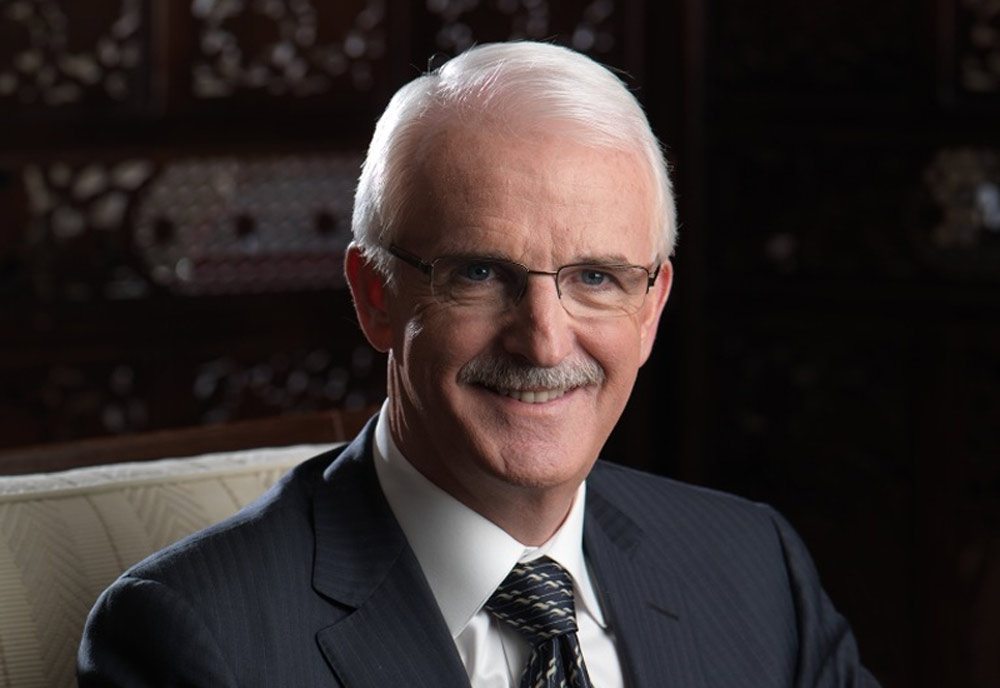Payroll costs are on the up in UAE hotels, with general managers blaming the rising cost of staff housing, the size of administration departments and the need to increase wages in the fight for talent.
According to the latest HotStats data from TRI Hospitality Consulting for January-August 2012, payroll costs in Dubai hotels accounted for 20.4% of total expenses and in Abu Dhabi, payroll costs comprised 26.5% of expenses.
This was an increase on the 2011 figures, which reported payroll costs of 19.2% in Dubai and 21.7% in Abu Dhabi in the same year.

| Advertisement |
In a panel session debating the statistics, TRI consultant Chris Hewett questioned how general managers would address the rise in costs, especially as the market becomes more competitive for top quality talent.
Heiner Werdeling, general manager, Yas Viceroy Abu Dhabi, revealed that the “biggest cost is probably housing”.
“The Abu Dhabi government decided a few months back that all hotel employees have to live off the island,” said Werdeling.
He said this was a “huge disadvantage” because of the impact on “transport time and the sheer cost of it”.
“It’s one of the biggest costs issues we have,” admitted Werdeling.
Oliver Key, general manager, St. Regis Abu Dhabi — set to open in the first quarter of 2013 —agreed that the cost of housing played a large part in rising payroll costs.
“I think the challenge is if we do open in the early part of the first quarter is to project occupancies to set an employee count that can deliver a super luxury five-star experience,” said Key. “It is the price of housing in Abu Dhabi that is the big factor when you are looking at payroll.”
He said the challenge was to balance housing costs to payroll, while also “sustaining the number of employees that we need to deliver in an operating environment that we’ve seen is very difficult”.
However, the hoteliers agreed that despite rising costs, it was the general manager’s responsibility to recruit the best talent.
Stephan Schupbach, general manager, Jumeirah Zabeel Saray in Dubai, urged hoteliers to focus on driving revenues rather than cutting costs.
“I believe hire the right talent and you have to fight for it to pay for it,” said Schupbach.
But he added that it was imperative to then “hold your management accountable in all aspects”.
“I have an 8000m² spa – [on joining the hotel I thought] how am I going to sell that spa, who do I need? I’m now down to the third director in that environment but they have to deliver and it’s all down to [the fact that to] retain the talent you have to pay for it, because if you don’t drive revenues and only focus on the cost element, then it’s not win-win,” Schupbach asserted.
Rupprecht Queitsch, general manager, JW Marriott Marquis Hotel Dubai, expected to open in November, agreed: “Employees are our most important asset”.
He suggested that offering adequate benefits was key to managing payroll costs but offering fair remuneration.
“You have got recognise what you have to do to treat that asset well and I think in all fairness Dubai has been a very good market and there’s a good labour market but I see it moving up and I see the benefit factor [being] an interesting factor for years to come,” said Queitsch.
Alenjandro Bernabe, general manager, Kempinski Mall of the Emirates suggested there was one area in which GMs could possibly reduce costs.
“If we divide the costs in two — operational departments and supporting departments —I would not say that we have a problem there, but in Dubai I would say the problem is the supporting departments, the administration, the overheads are going up, we are very spoilt, we have very big HR departments, very big finance departments. And that’s where we need to look to reduce costs,” Bernabe countered.










 Search our database of more than 2,700 industry companies
Search our database of more than 2,700 industry companies










Dec 5, 2012 , United Arab Emirates
Simple rule if your forecast your expenses to grow (Salary, Housing, Recruitment, Visa, Medical cost), at least increased all your sales prices the same way for your rooms, your spa, your f&b...etc. This will prevent you on your p&l exercise. So many hotels are scared because they think the clie...